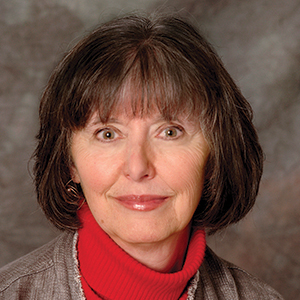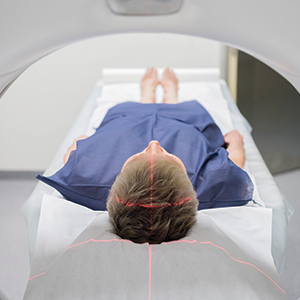-
Drug Costs and Cancer Care
Experts discuss the value of cancer treatments in a climate of rising drug prices.
by Kevin McLaughlin
-
March 29: The Week in Cancer News
Jury awards damages to man who says Roundup caused his cancer, the FDA proposes national standards for breast density notifications, and a physician questions whether patients with impaired renal function should avoid contrast-enhanced scans.
by Marci A. Landsmann
-
What Not to Say to a Cancer Patient
When visiting a friend or family member who is sick, it's good to leave platitudes at the door.
by Michael Gavaghen
-
Your Cancer Guide
Find the HelpersBuilding a village of support to nurture recovery is an important component of your care.
by Hester Hill Schnipper
-
Caregiving With Confidence
Recognizing AddictionThe stress associated with caregiving may open the door to substance abuse.
by Diane Cameron
-
Keeping an Eye on Cancer
Imaging tests for post-treatment surveillance may come with radiation exposure, financial strain, “scanxiety” and sometimes unnecessary follow-ups. Doctors and patients need to balance the risks and benefits of scanning.
by Charlotte Huff
-
Survivor Profile
A Lesson in ServiceRabbi Ben David was comfortable in his role of helping those in need, but he had to rely on others after his lymphoma diagnosis. The marathon runner has returned to an active life one step at a time.
by Lindsey Konkel
-
The Patient Perspective
Patient-reported outcomes may help shape the future of cancer care.
by Stephen Ornes
-
Healthy Habits
Fiber’s BenefitsEating more roughage may yield benefits following a colorectal cancer diagnosis.
by Lindsey Konkel
-
Sound Advice
Spring 2019vol 09 | issue 01
Experts offer advice on celebrating a “cancerversary,” responding to questions from friends and family, and supporting a friend when they stop treatment.
Cancer Talk
Lessons From 20 Years Living With Cancer
Multiple myeloma survivor Jonathan Gluck reflects on uncertainty, and the scientific progress that has kept him living with cancer for more than two decades.
by Eric Fitzsimmons
The Enduring Importance of Cancer Disparities ResearchOpening session from AACR conference highlights how perseverance and adversity have informed cancer disparities research over the years.
by Eric Fitzsimmons
Most Cancer Survivors Don’t Meet Healthy Diet GoalsDespite research linking fruits and vegetables to cancer survival, many people do not change their eating habits after diagnosis.
by Darlene Dobkowski
Many People Don’t Get Colonoscopy After Receiving Abnormal Blood TestsAbout half of people who receive abnormal results from colorectal cancer screening tests don’t follow up with a colonoscopy.
by Laura Gesualdi Gilmore















